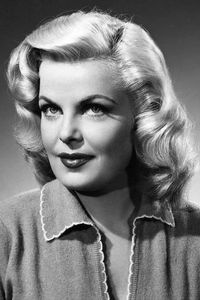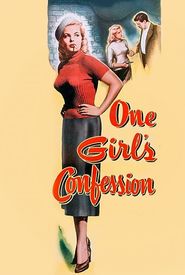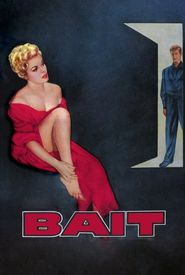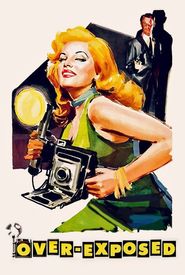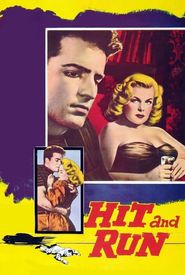Cleo Moore was born Cleouna Moore on October 31, 1924, in Baton Rouge, Louisiana, to a building contractor father and a family deeply involved in Democratic politics. Her parents' passion for politics was all-consuming, as was the case with many families in Louisiana during the 1920s.
Cleo's early interest in performing arts began when she participated in school plays during her high school years. At around 20 years old, she married Palmer Long, the son of the late Huey "Kingfish" Long, in 1944. Palmer's father was a prominent figure in Louisiana politics, serving as governor and later a United States Senator, before being assassinated in 1935.
The marriage, however, was short-lived, lasting only six weeks. After completing high school, Cleo moved with her family to California, where her father anticipated the end of World War II and the subsequent building boom.
Once in California, Cleo's journey to stardom began when she was spotted by an RKO talent scout while attending a boxing match at the Hollywood Legion Stadium. She was persuaded to take a screen test, which she passed. Her first film was Congo Bill (1948),followed by Rio Grande Patrol (1950),a Western in which she received fifth billing.
In 1950, Cleo appeared in five films, including Bright Leaf (1950),a well-received film about the tobacco industry, despite her small part. She also starred in Gambling House (1950),alongside Victor Mature and William Bendix, which received significant attention.
However, Cleo's career was marked by minor roles in B films, with her physical attributes often being the primary focus. Despite her talent, she struggled to break free from typecasting. In 1954, she appeared in two box-office bombs, The Other Woman (1954) and Bait (1954).
Cleo continued to work in the film industry, making two more films in 1955, Hold Back Tomorrow (1955) and Women's Prison (1955). Although they fared well at the box-office due to their subject matter, they did not showcase her talent. Her final film was Hit and Run (1957),in which she starred alongside her sister Mara Lea.
After leaving the film industry, Cleo married a real estate tycoon in 1961 and settled into a life of domesticity and socialite in Beverly Hills. She had a daughter, Debra, in 1963. Cleo Moore passed away on October 25, 1973, just days before her 49th birthday, due to a heart attack in Inglewood, California.
To her fans, Cleo remains a beloved sex symbol of the 1950s, and many wonder what could have been if her talent had been utilized in more substantial roles.
